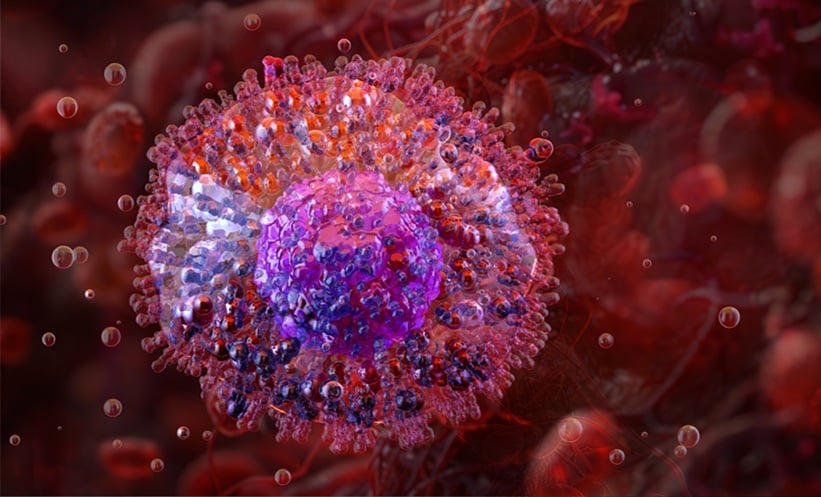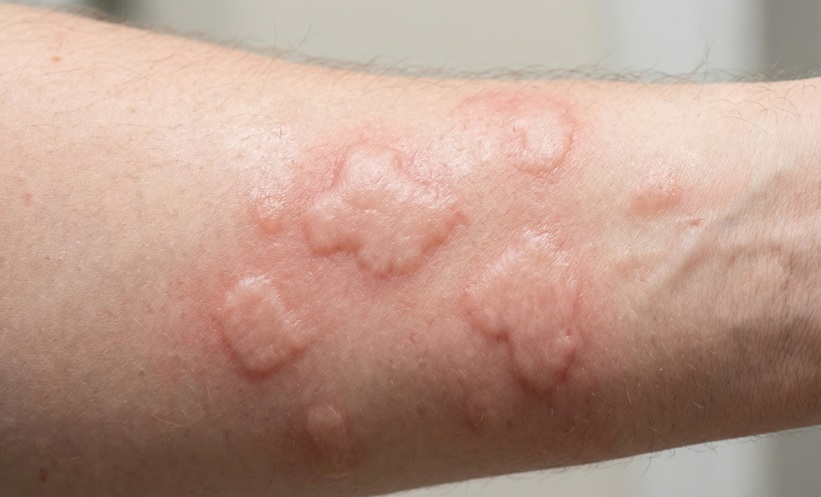MASTOCYTOSIS is a clonal mast cell disorder characterised by the accumulation of mast cells in tissues, often leading to hypersensitivity reactions. One of the most concerning clinical outcomes is anaphylaxis, particularly when triggered by medications such as aminopenicillins and nonsteroidal anti-inflammatory drugs (NSAIDs). For many patients, uncertainty regarding which drugs are safe can significantly limit treatment options. This study provides important clarity and reassurance for clinicians managing medication planning in this population.
Safety of drug provocation tests in mastocytosis
The study evaluated drug provocation tests in mastocytosis across 104 patients with either suspected drug hypersensitivity reactions or no known tolerated drug alternatives. These results were compared with a control group of 100 patients without mastocytosis who also underwent assessment for drug hypersensitivity reactions.
Skin manifestations were the most common form of suspected reaction in both groups. Notably, the frequency of confirmed reactions during testing was low: only 1% in patients with mastocytosis compared to 5% in the control group. This demonstrates that drug provocation tests in mastocytosis are not only feasible but also safe when performed under specialist supervision and following appropriate clinical evaluation.
For clinicians, this finding is reassuring. Patients with a history of hypersensitivity reactions should avoid the known culprit agent but can undergo guided testing to establish alternative safe medications. Meanwhile, patients with mastocytosis who have previously tolerated NSAIDs or antibiotics do not require routine challenge testing, reducing unnecessary interventions.
The study also underscores the importance of structured allergy work-ups before conducting challenges, particularly in mastocytosis where mast cell mediator release can be unpredictable. By combining detailed clinical history, selective testing, and controlled provocation protocols, clinicians can confidently expand safe treatment options.
In practice, drug provocation tests in mastocytosis should be considered a valuable tool to improve patient safety, prevent avoidant prescribing patterns, and ensure effective medical therapy across specialties. This approach supports personalised care while reducing the risk of severe hypersensitivity responses.
Reference
Nalin F et al. Safety of drug provocation tests in adults with and without clonal mast cell disorders. Allergy. 2025;DOI:10.1111/all.70113.





